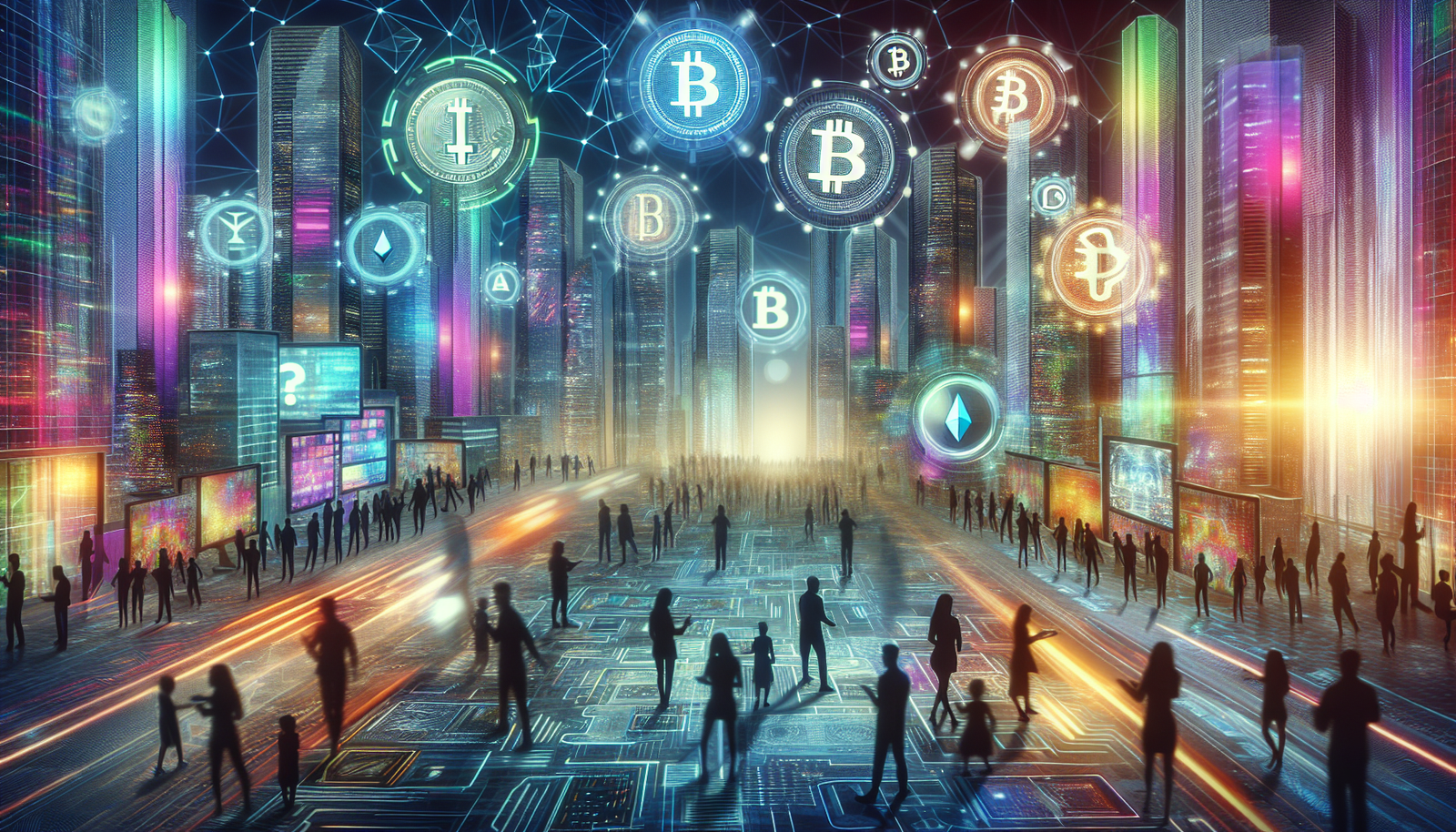The Future of Digital Assets: A Glimpse Into Tomorrow’s Economy
In the rapidly evolving world of finance, digital assets are becoming the cornerstone of a new economic paradigm. With the rise of blockchain technology, cryptocurrencies, and decentralized finance (DeFi), the potential for digital assets is enormous. In this article, we'll explore the future of digital assets, their impact on the economy, and what it means for investors and consumers alike.
Understanding Digital Assets
Digital assets are representations of value that exist in a digital form. They encompass a wide range of categories, including cryptocurrencies like Bitcoin and Ethereum, tokenized assets, Non-Fungible Tokens (NFTs), and digital identities. As more individuals and institutions integrate digital assets into their lives, it is crucial to understand the various types and their implications.
The Rise of Cryptocurrencies
Cryptocurrencies have been at the forefront of the digital asset revolution. Since Bitcoin's inception in 2009, the crypto market has expanded exponentially. According to Statista, as of September 2023, there are over 10,000 different cryptocurrencies available, with a total market capitalization exceeding $2 trillion. This meteoric rise is indicative of the increasing adoption of cryptocurrencies as an investment vehicle and method of transaction.
The Impact of Blockchain Technology
Blockchain technology underpins all digital assets. It provides a secure, transparent, and decentralized means of conducting transactions. By eliminating intermediaries and increasing trust, blockchain can reduce costs and improve efficiency across various sectors—including finance, supply chain, and healthcare.
Key Benefits of Blockchain:
- Transparency: Every transaction is recorded on a public ledger, making it easy to verify ownership and authenticity.
- Security: Blockchain's cryptographic nature secures digital assets against fraud and cyberattacks.
- Decentralization: By removing the need for a central authority, blockchain empowers users, promotes democratization, and reduces the risk of systemic failures.
Decentralized Finance (DeFi): The New Financial Frontier
DeFi is a subset of blockchain technology that aims to recreate traditional financial systems—like lending, borrowing, and trading—using decentralized networks. By utilizing smart contracts, DeFi platforms enable users to engage in financial activities without intermediaries (like banks). This shift toward DeFi is revolutionizing access to capital and financial services.
DeFi Statistics:
- According to DeFi Pulse, total value locked in DeFi exceeded $100 billion in early 2023, showcasing its growing relevance in the financial landscape.
- As of Q3 2023, DeFi platforms experienced over $12 billion in trading volume, empowering users with greater financial autonomy.
NFTs: Redefining Ownership and Creativity
Non-fungible tokens (NFTs) have burst onto the scene as unique digital assets representing ownership of specific items, artworks, or even virtual land. The NFT market has seen explosive growth, with high-profile sales capturing global attention. For instance, in March 2021, an NFT by digital artist Beeple sold for $69 million at Christie’s auction house.
The Future of NFTs:
- Digital Art and Culture: NFTs are redefining the concept of ownership in the art world. Artists can now tokenize their works, ensuring authenticity while reaching a global audience.
- Gaming and Virtual Reality: NFTs in gaming offer players true ownership of in-game assets, elevating the gaming experience and opening new revenue streams for developers.
Regulatory Landscape and Challenges
While digital assets present opportunities, they also pose challenges. Governments worldwide are grappling with how to regulate digital assets, ensuring consumer protection while fostering innovation. The Securities and Exchange Commission (SEC) in the U.S. has been active in providing guidance on cryptocurrency regulations, but uncertainty remains.
Potential Regulations Impacting Digital Assets:
- Taxation: Clarity on how digital assets will be taxed can influence investment behavior and compliance.
- Consumer Protection: Regulations aimed at protecting investors from fraud could enhance trust in the digital asset ecosystem.
- Compliance and Security: Stricter regulations may require businesses to implement robust security measures, which may raise operational costs.
Conclusion: A Bright Future Ahead
The future of digital assets is filled with promise, innovation, and transformation. As technology continues to advance, the adoption of digital assets is likely to expand across various sectors. The rise of cryptocurrencies, the potential of blockchain technology, the explosion of DeFi, and the continuous evolution of NFTs all point toward a digital future that will reshape our economic landscape.
As an investor or a consumer, understanding digital assets is crucial to navigating this exciting new frontier. Stay informed, be proactive, and embrace the changes that digital assets bring to our world.
Tags:
#DigitalAssets #Cryptocurrency #Blockchain #DeFi #NFTs #FutureFinance
Categories:
Finance, Technology, Investment, Blockchain
Call to Action (CTA):
Are you ready to explore the world of digital assets? Subscribe to our newsletter for the latest insights, trends, and expert opinions on the future of finance!



